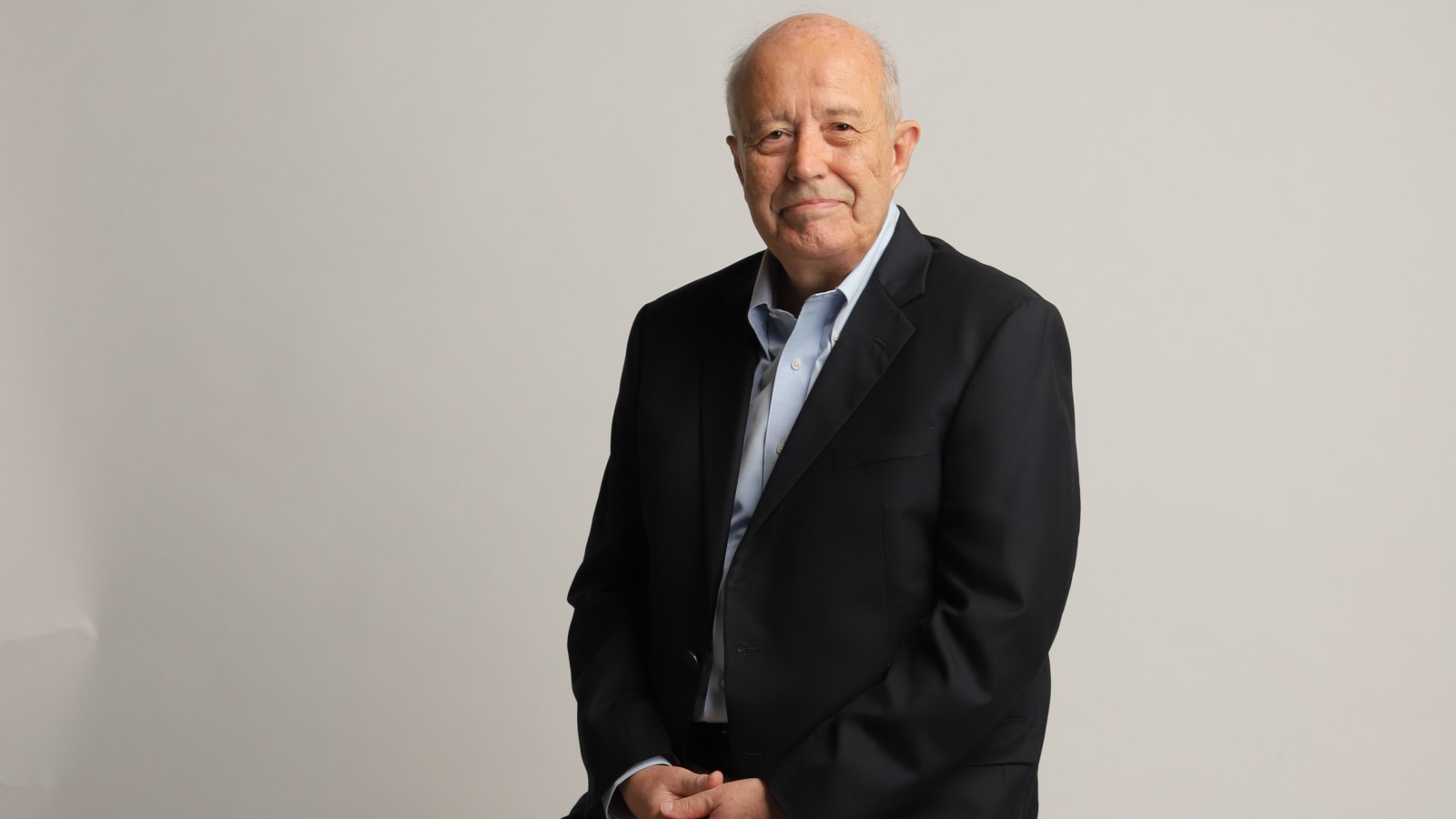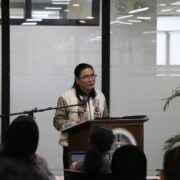Banking luminary Xavier ‘XP’ Loinaz; 82

When American investment bank Lehman Brothers collapsed during the 2008 global financial crisis, seven Philippine banks—with combined exposure amounting to $386 million—had to bite the bullet.
Ayala-led Bank of the Philippine Islands (BPI) wasn’t one of them.
That BPI was the only major bank that emerged unscathed from the mortgage subprime crisis was largely due to banking luminary Xavier P. Loinaz.
As a member of the executive committee, he vetoed a proposal to buy any subprime instrument at a time it was the hot asset class on Wall Street.
“I don’t care if it is triple A-rated. If we don’t understand it, we are not buying it,” Loinaz said in a meeting that discussed the proposal. This is based on the recollection of Monetary Board member Romeo Bernardo, a former BPI director who had seen Loinaz at work for decades.
This is but one example of Loinaz’s “high level of diligence and risk management mindset,” he said.
“I have personally been educated on banking and good corporate governance, even before it became fashionable, by him in my two decades as a bank director—something I much value in my present job,” Bernardo told the Inquirer.
The banking community is mourning the loss of Loinaz, who died on Oct. 4, about a week short of his 82nd birthday.
Known as “XP” at work, Loinaz served as president and CEO of BPI from 1982 to 2004, one of the longest leadership tenures in Philippine banking.
BPI president and CEO Jose Teodoro Limcaoco said Loinaz’s leadership had defined an era of resilience and innovation for BPI, and guided the bank with discipline and foresight through some of the most challenging periods in Philippine history.
Loinaz helmed the bank through episodes of political turbulence and economic crises, including two people power revolutions, coup d’état attempts, the debt crisis in the 1980s and the 1997 Asian financial crisis.
After stepping down as CEO, he continued to guide the bank for another 16 years until 2020.
He retired due to health reasons and survived a previous bout with pancreatic cancer.
“To us at BPI, Xavier Loinaz was not only a visionary leader but also a mentor and an inspiration. He taught us discipline, integrity, and the importance of serving with purpose. The innovations he introduced, and the people he guided, continue to carry his legacy forward,” Limcaoco said.
“We will always be grateful for his steady hand and his belief in the Filipino spirit. He leaves behind an institution made stronger by his leadership—and a family of bankers who will forever remember him with respect and gratitude,” added Limcaoco.
As BPI chief, Loinaz took the big steps and embarked on a number of mergers and acquisitions (M&As) to scale up BPI.
Four significant M&A deals were done during his term: Family Bank in 1985, CityTrust Banking Corp. in 1995, Far East Bank and Trust Co. in 2000 and DBS Philippines in 2002.
Limcaoco noted that the purchase of Family Bank from the Gotianun family became BPI’s gateway into consumer banking.
‘Tough but fair’
His successor as CEO, Aurelio Montinola III, was among Loinaz’s mentees.
“Xavier was my mentor and friend. He was a fearless, no-nonsense innovative leader who shaped BPI banking from 1979 to 2004. Tough but fair, feared by some but loved by all, intimidating but kind. We will all miss him,” Montinola said in a text message to the Inquirer.
During his tenure, BPI became the first Philippine bank to introduce automated teller machines or ATMs in the early 1980s and later launched internet banking in 1999.
Aside from landmark banking M&As, Loinaz’s acquisition of life and property and casualty insurance companies also marked the dawning of bancassurance in the Philippines, a pioneering step that integrated banking and insurance services for Filipino families.
Limcaoco recalled that Loinaz had led the purchase of Ayala Life, FGU Insurance Corp. and Universal Reinsurance.

















